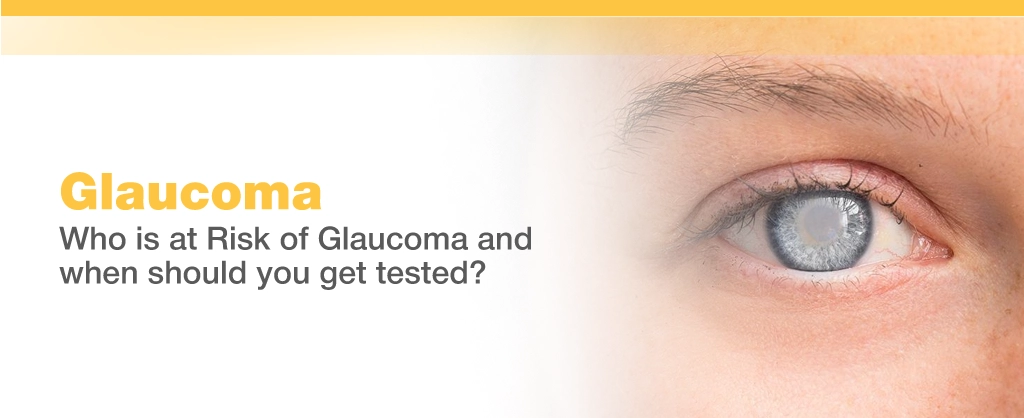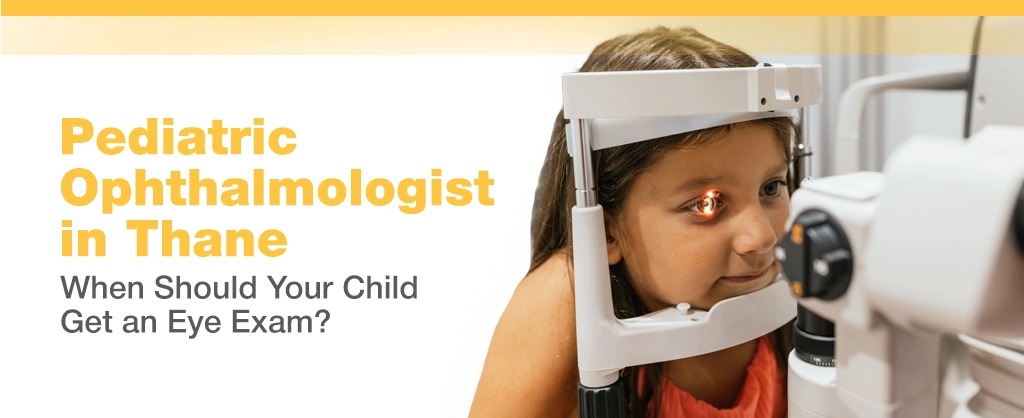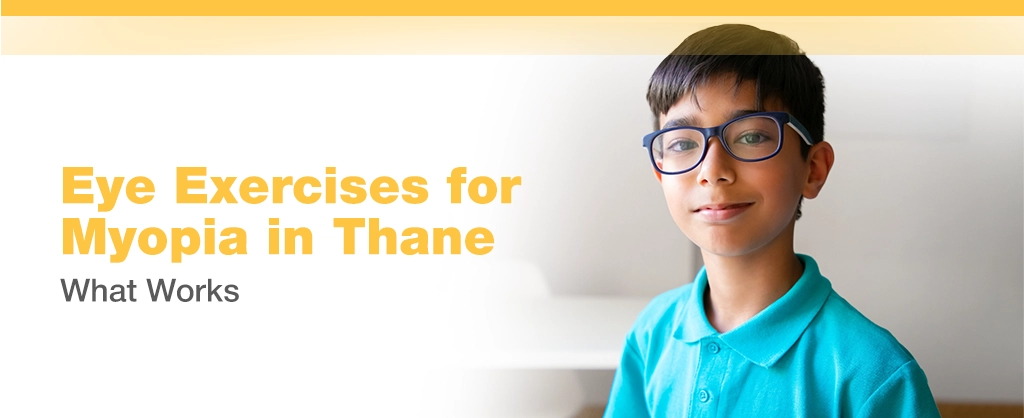Millions of people now enjoy better vision and less reliance on glasses because to vision correction eye procedures, which have completely changed the way that people receive eye care. The two most popular procedures that people frequently learn about are cataract surgery and LASIK. Although they are both related to the eye and intended to enhance vision, their methods, purposes, and results are very different.
This comprehensive guide will explain the main distinctions between LASIK and cataract surgery, including costs, recovery times, and who is best suited for each procedure, whether you’re having trouble making up your mind or just want to know how they stack up.
Read Also: Cataract Surgery: Key Signs You Need It and How It Can Help
An Overview of Cataract Surgery and LASIK
LASIK: What is it?
A refractive procedure called LASIK (Laser-Assisted In Situ Keratomileusis) aims to address common visual issues including as
- Myopia, or nearsightedness
- Being farsighted (hyperopia)
- Astigmatism
With LASIK, a laser is used to reshape the cornea, the transparent front layer of the eye. This enhances eyesight without the need for glasses or contacts by enabling light to focus correctly on the retina.
Read Also: Bladeless Cataract Surgery In Thane: The Future Of Safe & Precise Vision Correction
Cataract surgery: what is it?
When the eye’s natural lens becomes hazy, usually as a result of ageing, cataract surgery is done. To maintain clear vision, the cataractous lens is removed and replaced with a prosthetic intraocular lens (IOL).
Read Also: Understanding Cataracts: Causes, Symptoms, and Solutions
LASIK vs Cataract Surgery: Key Differences
1. Purpose and Conditions Managed
Refractive defects in otherwise healthy eyes can be fixed by LASIK, an elective procedure.
In order to rectify lens opacities (cataracts) that impair everyday vision, cataract surgery is medically necessary.
That is, cataract surgery removes a clouded lens entirely, whereas LASIK refocuses light through your eye.
Read Also: Cataract Surgery Myths Vs. Facts: What You Need To Know
2. Age Group
After a person’s eye prescription stabilises, LASIK is typically performed on those between the ages of 20 and 40.
When cataracts develop spontaneously as ageing progresses, cataract surgery is typically performed on those over 60.
Therefore, LASIK might be a good option if you’re young and sick of wearing glasses. Cataract surgery is probably required if you’re getting older and experiencing blurred vision.
Read Also: 5 Reasons to Consider Contoura LASIK for Your Eye Surgery
3. Procedure Type and Technology Used
Feature Comparison
| Feature | LASIK | Cataract Surgery |
| Anesthesia | Numbing eye drops | Numbing drops/local anesthesia |
| Duration | 10–15 minutes | 15–30 minutes |
| Technology | Excimer laser, femtosecond laser | Ultrasound (phacoemulsification), femtosecond laser for premium |
| Vision Correction | Reshapes cornea | Replaces natural lens with IOL |
Both are outpatient, painless, and quick, but the surgical method and target area of the eye differ entirely.
Read Also: WaveLight Plus in Mumbai, India: The Future of LASIK Eye Surgery
4. Curing Time: LASIK vs Cataract
The most searched comparison is LASIK vs cataract cure time:
LASIK Curing
The majority of patients have a significant improvement within 24 to 48 hours. Full recovery will take a few weeks.
Cataract Recovery
Vision improves after 2–3 days but full recovery takes 4–6 weeks.
In both of the two cases, patients are advised not to rub eyes, water exposure, and strenuous activity for a few days.
Read Also: Summer Eye Surgery: Myths Vs. Facts You Should Know
5. LASIK vs Cataract Surgery Cost
LASIK Cost
LASIK in India can range from ₹30,000 to ₹1,00,000 per eye, depending upon the technology (old technology LASIK vs bladeless LASIK).
Cataract Surgery Cost
The price of cataract surgery in India ranges from ₹20,000 to ₹1,20,000 per eye, depending on the type of lens implanted:
- Monofocal lens (standard): ₹20,000–₹40,000
- Multifocal lens: ₹50,000–₹90,000
- Trifocal or toric IOLs: ₹90,000–₹1,20,000
Insurance covers cataract surgery (as it’s medically necessary), but not LASIK (which is cosmetic/elective).
Read Also: How to Improve Eyesight Naturally? Eye Care Tips
6. Is LASIK or Cataract Surgery Better?
It’s not a straightforward answer. It varies according to your age, the health of your eyes, and what you wish to achieve in terms of your vision.
Utilize LASIK if you are young, your eyes are healthy, and you wish to discontinue dependency on glasses.
Utilize cataract surgery if you have blurred vision due to aging or cataracts.
In other cases, people who have LASIK in their 30s or 40s may still require cataract surgery later on. New cataract surgeries, by contrast, are also able to correct vision for refractive disorders, effectively eliminating the need for LASIK altogether.
7. Can You Get Both LASIK and Cataract Surgery?
Yes, but usually not simultaneously.
Some patients get LASIK before they develop cataracts.
Others have follow-up LASIK procedures after cataract surgery, if vision needs to be further refined.
However, modern cataract surgery with superior-quality IOLs (like multifocal or toric lenses) does away with the need for additional refraction.
LASIK vs Cataract Surgery: At a Glance
| Feature | LASIK | Cataract Surgery |
| Purpose | Corrects refractive errors | Removes opacified lens (cataract) |
| Ideal Age | 20–40 years | 60+ years |
| Duration | 10–15 minutes | 15–30 minutes |
| Recovery | 1–2 days | 2–6 weeks |
| Cost | ₹30,000–₹1,00,000 (both eyes) | ₹20,000–₹1,20,000 per eye |
| Insurance | Generally not covered | Covered by most insurance |
Final Thoughts
It is important to know the distinction between LASIK and cataract surgery if you’re researching vision correction. Even though LASIK is ideal for young patients who desire glasses-free living, cataract surgery becomes essential down the line when the natural lens is no longer transparent.
In practice, with advancements in cataract surgery, the majority of patients can now enjoy spectacle-free vision after cataract extraction similar to results from LASIK.
If you’re not sure what surgery is best for you—or whether you’re a candidate for either—consult with an experienced eye doctor. A comprehensive eye examination will determine the best course of treatment to enhance or restore your vision.
FAQs
Q1. Will LASIK stop cataracts from developing later in life?
A: No, LASIK does not alter the natural lens of the eye where cataracts form. Patients who have had LASIK can still develop cataracts later in life.
Q2. Can cataract surgery correct vision problems like nearsightedness?
A: Yes, especially with premium lenses. Modern cataract surgery not only removes the cloudy lens but also inserts lenses that correct for nearsightedness, farsightedness, and even astigmatism.
Q3. Is LASIK safer than cataract surgery?
A: Both are safe and effective if performed by experienced ophthalmologists. Safety is more patient selection and preoperative evaluation dependent than procedure dependent.









